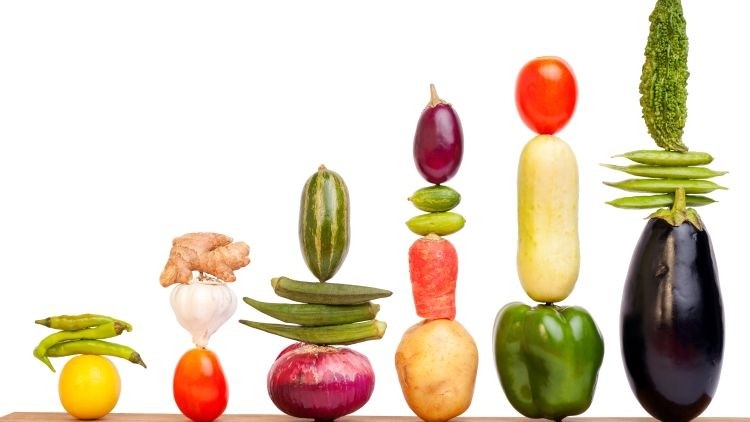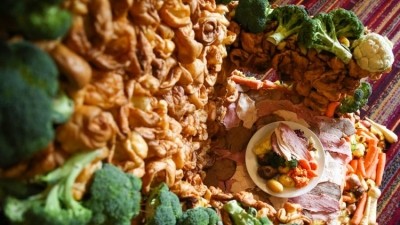Bank of England warns of ‘apocalyptic’ hike in food prices

He told MPs a series of external shocks including Russia’s invasion of Ukraine and supply chain issues due to lockdowns in China were driving inflation rises.
Office of National Statistics chief economist previously warned prices soared by 7% in the 12 months to March 2022 – the fastest rate for three decades and up from 6.2% in February.
Bailey said Ukraine, which is one of the globe’s major wheat and cooking oil producers, was struggling to export food while the conflict continued.
Major worry
He told the Treasury select committee: “[An inflation risk factor] I am going to sound apocalyptic about is food. Ukraine does have food in store but can’t get it out at the moment.”
He added that farmers in Ukraine were able to plant crops this spring but “have no way of shipping it out”.
Bailey said: “That is a major worry not just for this country but for the developing world. I am by no stretch of the imagination a military strategist but whatever can be done to help Ukraine get its food out would be a huge contribution.”
Prestige Purchasing chief executive Shaun Allen also warned the invasion of Ukraine is likely to push inflation even higher in the coming months.
Average spend impact
He said: “It’s reduced production levels of food staples such as grains and oils, it’s driven up the cost of distribution by increasing oil prices and it’s raised the cost of energy by restricting gas supplies.
“Inflation may calm later in the year but prices are unlikely to fall for the foreseeable future. Actively managing supply increases using smart buying strategies and reliable market data is crucial to mitigating impacts in this highly volatile market.”
Furthermore, last month (April), it was revealed average spend dropped by 9% in the 12 weeks ending 20 March, according to Lumina Intelligence’s Eating & Drinking Out Panel.
This was put down to being driven by decade-high inflation, rising energy costs and fears of higher prices alongside disposable income being squeezed and consumers keeping a closer eye on outgoings.







